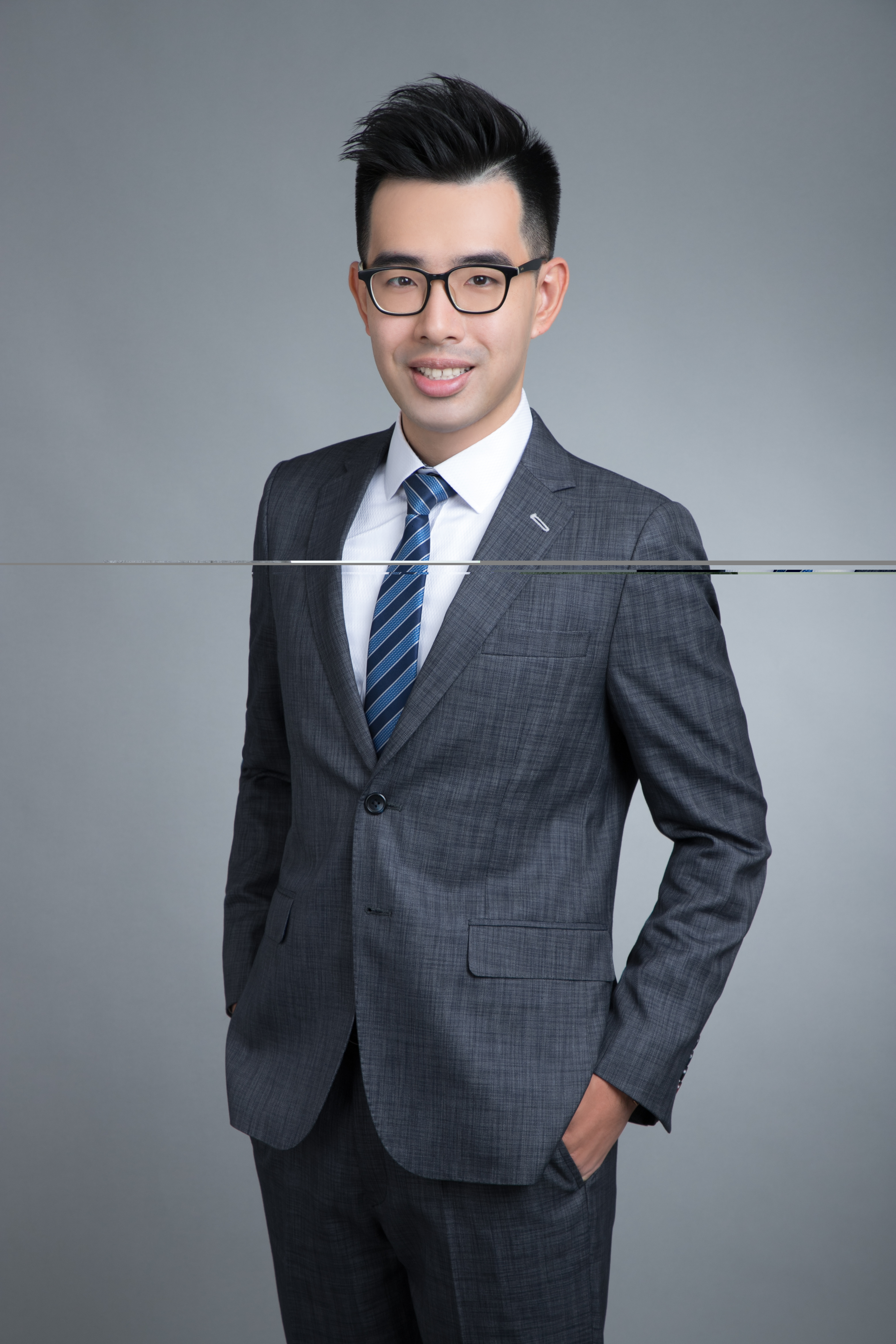What’s it worth?
Derick Lam uses the skills he acquired as a CPA to visualise business stories behind the numbers.
Prize-winning performance
For Derick Lam, gaining accountancy skills and professional qualification was a means to an end. Being an Associate in global advisory firm SoftBank Investment Advisers’ Portfolio Valuations Team, he is responsible for the very thing that first made him fascinated with the business of accounting – working out how much companies are worth.
Derick studied for a Bachelor of Business Administration in Professional Accountancy at The Chinese University of Hong Kong. At school, he’d been a student mainly of the sciences but says he became interested in accountancy through reading the financial news every day. “I was fascinated by the success stories of entrepreneurs and CEOs and wanted to comprehend how entrepreneurs make business decisions based on financial findings. That was my motivation to study accountancy – acquiring the technical skills to make financial assessments and judgments. Now, when I think back, I believe I made the right choice.”
Like many young accountants, he started his journey in auditing – in his case, at PwC. There he started with learning how to analyse financial scenarios and value companies and later led an audit team with a focus on the financial services industry, particularly securities brokerage and private equity clients.
“It’s true that it’s demanding, but from a personal perspective it was also very fruitful,” he recalls of his time with the Big Four firm. “It was an amazing opportunity to gain insights into how different companies run, and then apply financial knowledge to offer consultancy service to clients. During three years serving the same client portfolio, I built a trustful relationship with their senior management and could highlight what was working and what needed to be changed, not just from a financial perspective but also from the perspective of business operations.”
It was while working at PwC that he studied for the QP; choosing the qualification, like most of his colleagues, mainly because it has official recognition in Hong Kong.
“To do well in the QP, you need to be able to link your technical knowledge with business requirements”, he says. “It’s been five years since I studied for the QP and it’s still relevant to my work. In the workshops and the examinations, you encounter cases that are similar to real-life business situations. You need to identify the key issues in the cases and come up with the right solutions; this is very practical.”
Derick did particularly well in his QP examinations, attaining the highest marks among that year’s students and winning the Li Fook Shu Memorial Prize. He emphasized in his learning the practical applications of theories because, he says modestly, he isn’t very good at straight memorization. He adds that he also put a lot of focus on time management when it came to planning his studies.

Moving into modelling
After three years at PwC he moved on, becoming Senior Associate of Valuation Advisory Services at financial consultancy Duff & Phelps.
“When I was still working at PwC, I found the specialized securities brokerage and private equity industry really exciting,” he says. “Unlike listed securities, you need to study their fundamental growth drivers and come up with a valuation based on your analysis. At Duff & Phelps I learned the modelling skills to do those valuations by myself.”
While some of his skills from his job as an auditor, such as financial statement analysis and accounting knowledge, were still easily transferable, the modelling was new. “I previously had to review models. At Duff & Phelps, I came up with them on my own.”
A year and a half later he moved to Shanghai to work for SoftBank. “The opportunity came incidentally, and the exposure that I could get from one of the most reputable investment firms is simply irresistible,” he says. “The journey at SoftBank has been phenomenal.”
His role there covers both existing investments and potential new ones. For the former, providing prospect analysis and financial outlook for most of the firm’s China portfolio, while also taking responsibility for financial due diligence for the latter.
He joined the company just before COVID-19 hit, and of course, it’s difficult to work out the value of companies in the middle of a pandemic. “That’s the most challenging part – the whole world is changing,” he says. “I don’t have a crystal ball to assess values, and no one can tell you whether your judgement is right or wrong. The most rewarding aspect of the job has been the ability to discuss our investments with various entrepreneurs, listening to their stories, visions, and views about the economy.”
And it’s the human interaction skills, he adds, that young accountants need to cultivate most when planning for their future careers. “Interpersonal skills are very important. You need to be hardworking, with strong analytical skills and the ability to tell the stories behind companies. I’d recommend those young accountants to develop their skills in these areas; they’re all transferable and marketable. Accounting is a very rewarding profession that can give you many opportunities to get access to entrepreneurs and management of top companies. It’s also very challenging as it pushes you to strive for the best.”
Interview and reporting by Richard Lord





